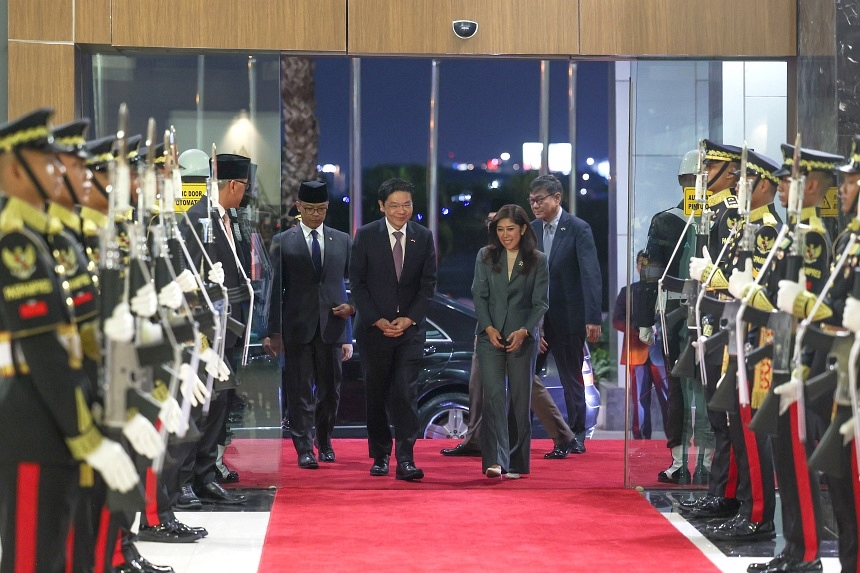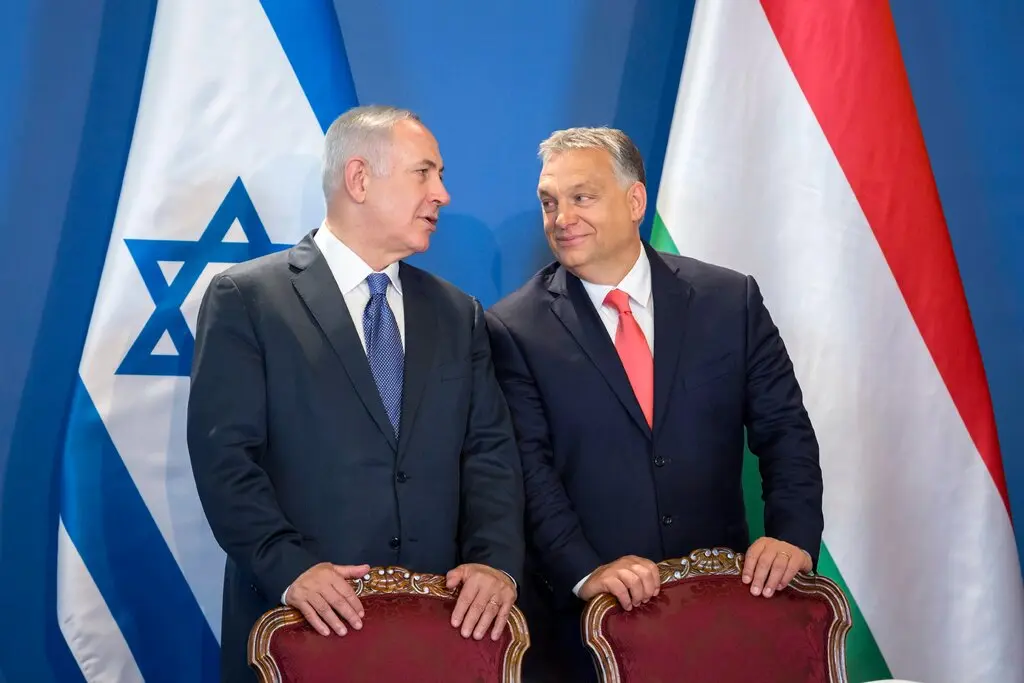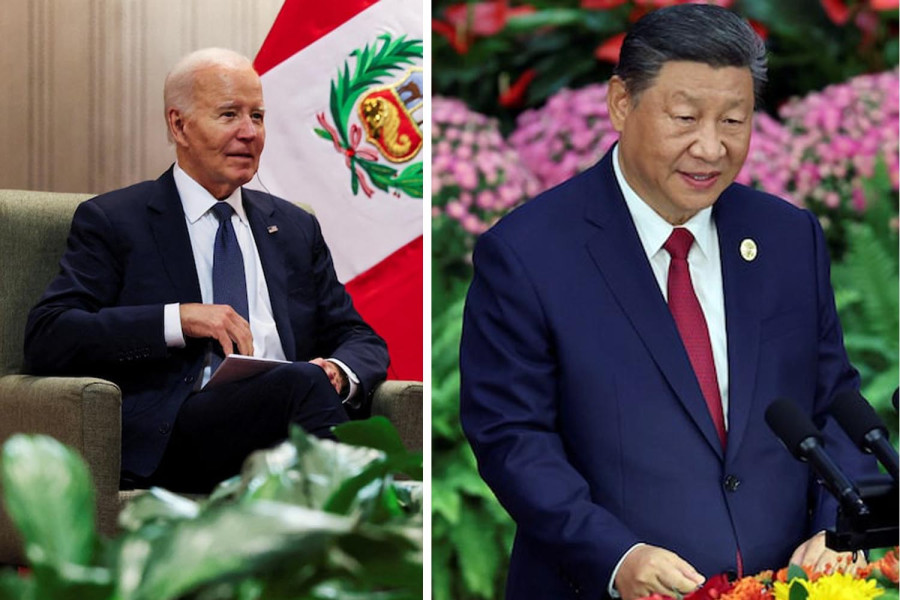PM Anthony Albanese to Visit Jakarta for Bilateral Talks from Nov 5 to 6

Australian Prime Minister Anthony Albanese will be visiting Jakarta, Indonesia, from November 5 to November 6, 2024, for a crucial two-day diplomatic trip aimed at strengthening bilateral ties between the two nations. The visit comes as part of Australia’s ongoing commitment to deepening its engagement with Southeast Asia, particularly in the areas of trade, security, and regional cooperation.
During his stay, Prime Minister Albanese is expected to meet with Indonesian President Joko Widodo, with discussions focusing on expanding cooperation in key sectors such as trade, investment, climate change, and regional security. The visit underscores the growing importance of the Australia-Indonesia relationship, especially as both countries navigate challenges in a dynamic Indo-Pacific region.
Key Areas of Focus for the Visit
A major topic of conversation during the bilateral talks will be enhancing economic ties. Both Australia and Indonesia are looking to expand trade and investment, building on the landmark Indonesia-Australia Comprehensive Economic Partnership Agreement (IA-CEPA), which came into force in 2020. This agreement aims to eliminate tariffs and open up new opportunities for businesses in both countries.
Australia has also expressed interest in expanding its agricultural exports to Indonesia, a key trading partner in the ASEAN region. The two leaders are expected to discuss opportunities to boost agricultural trade, alongside potential collaborations in technology, renewable energy, and infrastructure development. As part of Australia’s broader strategy to address climate change, the visit will also cover joint efforts to promote sustainable development and clean energy initiatives.
Regional Security and Strategic Cooperation
In addition to economic matters, regional security will be a significant focus of the talks. The ongoing geopolitical shifts in the Indo-Pacific, including tensions in the South China Sea and increasing concerns over global security, will feature prominently in the discussions. Both leaders are likely to explore ways to enhance defense and strategic cooperation, as well as their shared commitment to ensuring peace and stability in the region.
Indonesia plays a central role in the Association of Southeast Asian Nations (ASEAN), and Prime Minister Albanese is expected to reaffirm Australia’s support for the ASEAN-led regional architecture. This includes promoting a rules-based international order, strengthening multilateral institutions, and addressing transnational challenges like terrorism and climate change. The visit also comes at a time when both countries are looking to expand their influence and leadership in regional forums, including the Indo-Pacific Economic Framework (IPEF).
Promoting People-to-People Ties
Beyond official talks, Prime Minister Albanese will also participate in events aimed at fostering closer people-to-people ties between Australia and Indonesia. These include engagements with business leaders, academics, and community groups. Both nations are committed to enhancing educational and cultural exchanges, and the visit will emphasize opportunities for youth collaboration, scholarships, and greater cultural understanding.
Indonesia is home to a large and growing Australian expatriate community, and there is a shared interest in promoting tourism, education, and deeper cultural links. Prime Minister Albanese’s visit is also expected to highlight Australia’s efforts to support people-to-people diplomacy and strengthen long-term friendships between the two countries.
A Significant Diplomatic Moment
This visit to Jakarta is a key moment in Australia’s foreign policy, reflecting the increasing importance of its relationship with Indonesia. With both countries sharing common interests in economic growth, regional stability, and global security, the trip will serve as an opportunity to reinforce their commitment to a strong, long-term partnership.
Prime Minister Albanese’s Jakarta visit is expected to pave the way for further cooperation and is seen as a significant step towards fostering closer ties between the two nations as they work together to address both regional and global challenges.






